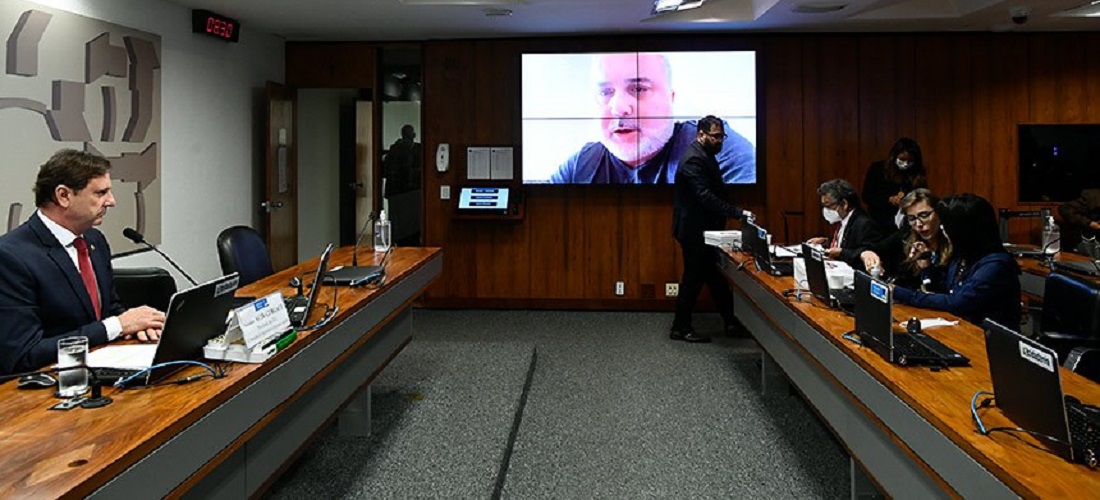
Sea freight to fund agricultural research in Brazil
Jun, 09, 2022 Posted by Gabriel MalheirosWeek 202223
The Brazilian Senate’s Agricultural Commission approved on Thursday, June 9, a project that redirects the funds gathered through collecting taxes on fertilizers imported by Brazil from overseas to the Agribusiness Science and Technology Program (free translation).
Senator Alvaro Dias authored Bill 364/2016, and Senator Acir Gurgacz approved it with one amendment. The Senate’s Economic Affairs Commission is now assessing the text.
The law project stipulates that the proceeds from the collection of the AFRMM, a tax specifically levied on products imported by sea, on all kinds of fertilizers, including intermediary by-products and raw materials, will be designated to the agribusiness program.
According to the rapporteur, the funds obtained will be utilized for research to enhance Brazilian fertilizer production, which is now insufficient to fulfill agricultural needs. The National Agricultural Society (SNA), according to Gurgacz, believes that reliance on foreign fertilizers can be traced back to a lack of initiatives to increase domestic output.
According to data cited by the author of the project, Alvaro Dias, in 2014, Brazil imported 80% of the fertilizers it consumed. Most of the products are destined for the states of Mato Grosso, Rio Grande do Sul, Paraná, São Paulo, and Minas Gerais and are applied mainly to crops of soybean (33%), corn (15%), sugarcane (15 %), coffee (6%) and cotton (5%).
The project modifies Law 10,893 of 2004, which established the AFRMM tax and the Merchant Fleet Fund.
Merchant Fleet
Alvaro Dias explains that the additional freight rate was created in the 1940s and was intended to develop the merchant fleet in the country.
Currently, the AFRMM is the primary source of income for the Merchant Fleet Fund, providing nearly R$ 2.5 billion per year. It consists of a 25% surcharge on the freight value of international long-distance maritime transport; a 10% surcharge on cabotage navigation (between Brazilian ports); and a 40% surcharge on river and lake navigation when moving liquid bulk in the North and Northeast areas.
According to Alvaro Dias, the increased freight on fertilizer imports cost farmers BRL 474 million in 2014. Thus, the senator stresses, farmers transferred about half a billion reais to develop the Brazilian naval sector and Brazilian shipping businesses, which amounted to one-fifth of the total budget implemented by Embrapa that year.
“This annual collection serves as a conduit for transferring cash from farmers to shipyards and shipping corporations. All of this with no return for Brazilian farmers,” Alvaro Dias concludes.
Source: Agência Senado
To read the full original article, please go to:
-
Grains
Sep, 08, 2021
0
Soybeans: Brazilian exports totaled 757,393 tons in September
-
Blog News (ENG)
Feb, 09, 2024
0
Paraná ports exceed 65 million tonnes in 2023 throughput
-
Grains
Jul, 05, 2022
0
Corn exports from Brazil to reach 4.8 million tonnes in July
-
Grains
Jan, 26, 2023
0
Argentina: soy complex exports to fall 20% in MY 2022/23

